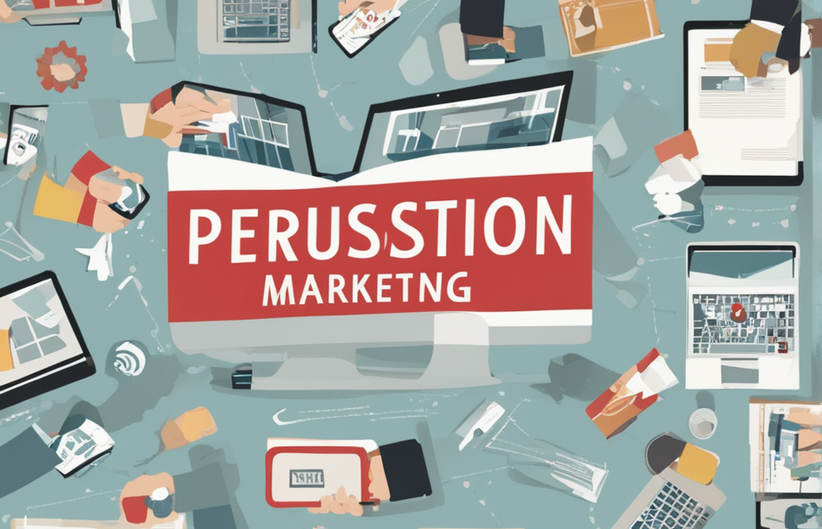Within the realm of Software as a Service (SaaS) products or service, it’s essential to understand the principles of persuasion and how they differ from manipulation when it comes to marketing and selling your software. Here’s how these concepts are relevant to promoting a SaaS product or service.
Persuasion in SaaS Marketing:
Creating Desire: Employ persuasive messaging and content to showcase the unique features and benefits of your SaaS product. Highlight how it can solve specific problems or enhance workflows for your target audience.

Building Trust: Transparency regarding your SaaS product’s capabilities, security measures, and pricing is crucial for building trust with potential customers. Providing clear information helps users feel confident in their decision to subscribe.
Social Proof: Showcase positive customer testimonials, case studies, and user reviews to demonstrate how your SaaS product has helped others in similar industries or situations. Social proof can be a powerful persuader.


Emotional Appeal: Emphasize how your SaaS product can simplify users’ lives, save them time, or alleviate stress. Appeal to their emotions by sharing stories of how your solution has positively impacted others.
Scarcity and Urgency: To create a sense of urgency, consider offering limited-time trials or special discounts. Urgency can encourage users to take prompt action, fearing they might miss out otherwise.
Differentiating from Manipulation in SaaS Marketing:
Intent: Ensure that your marketing and sales efforts genuinely aim to provide value to your customers. Avoid misleading or deceptive tactics that prioritize short-term gains over long-term customer relationships.
Transparency: Be completely transparent about your SaaS product’s capabilities, limitations, and pricing. Avoid any hidden fees or undisclosed terms that might make customers feel manipulated.

Respect for Autonomy: Respect users’ autonomy by allowing them to explore your SaaS product at their own pace. Avoid high-pressure sales tactics that could force them into decisions they aren’t comfortable with.
Long-Term vs. Short-Term Goals: Concentrate on building enduring relationships with customers. Continuously support them, provide updates, and address their evolving needs rather than solely pursuing immediate sales.
Ethical Considerations: Adhere to ethical standards and uphold data privacy regulations in your marketing and data handling. Treat user data with utmost care and respect.

In the SaaS industry, trust and credibility are paramount. Employ persuasion techniques with ethics and transparency at the forefront to attract and retain customers. Highlight the genuine benefits of your SaaS product, honestly address customer concerns, and consistently deliver on the promises made in your marketing campaigns. By doing so, you can cultivate a positive reputation and establish enduring relationships with your users, which are indispensable for long-term success in the competitive SaaS market.



